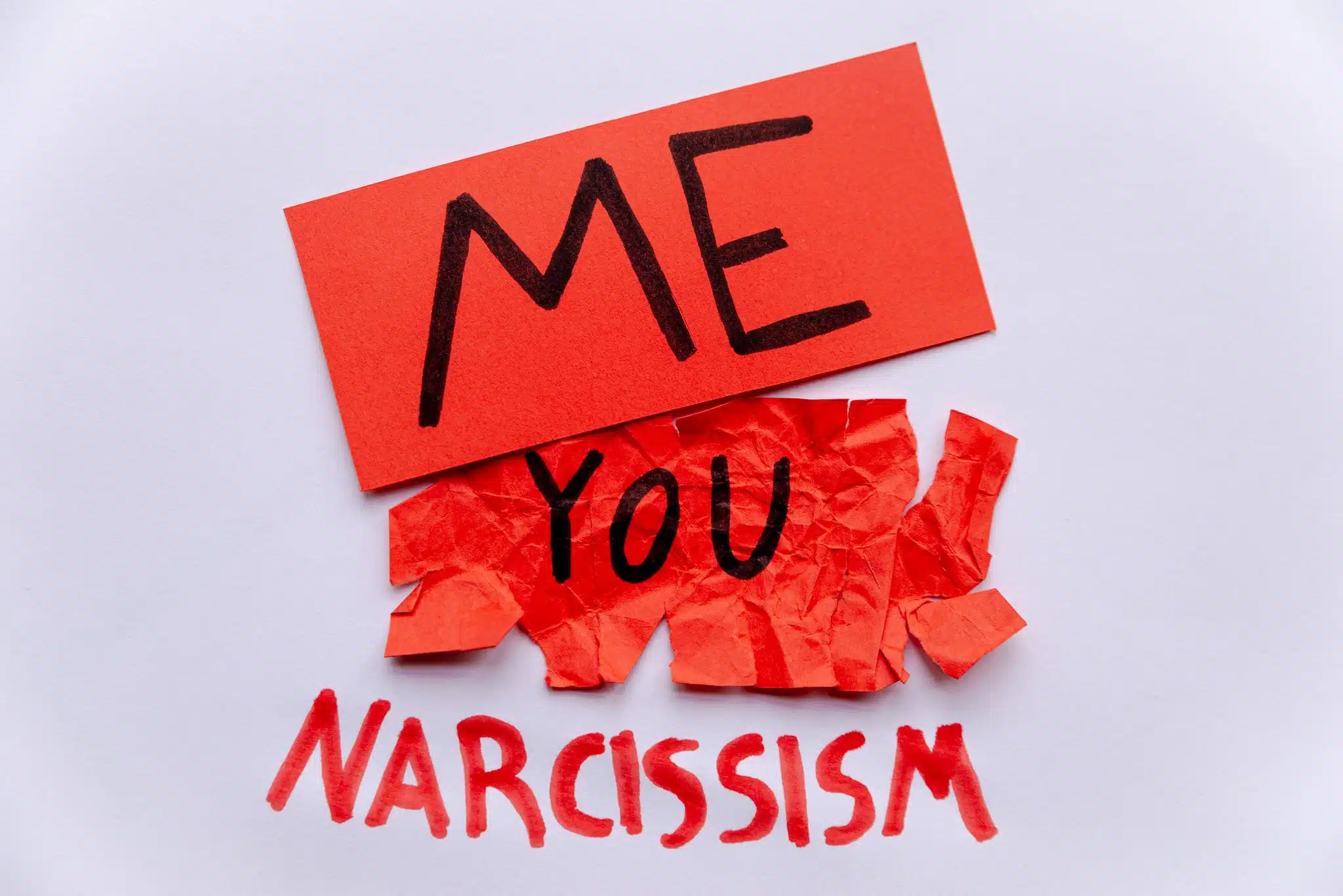Understanding Narcissistic Victim Syndrome: A Road to Healing
Narcissistic Victim Syndrome (NVS) is a complex and often misunderstood psychological condition that can significantly impact individuals who have been in relationships with narcissistic personalities. It’s crucial to shed light on what NVS is, how it affects people, and the steps one can take towards healing.
What is Narcissistic Victim Syndrome (NVS)?
NVS is a set of symptoms that may develop in individuals who have been in close relationships with narcissists, characterized by a pervasive sense of emotional, psychological, and sometimes physical harm. Narcissists typically display a pattern of manipulative behaviors, lack of empathy, and an inflated sense of self-importance.
How Does NVS Affect People?
Emotional Distress: Victims of narcissistic abuse often experience intense emotional distress, including anxiety, depression, and feelings of worthlessness. The constant manipulation and gaslighting can erode their self-esteem.
Isolation: Narcissists tend to isolate their victims from support networks, making it challenging for them to seek help or perspective outside the toxic relationship.
Cognitive Dissonance: Victims may grapple with conflicting feelings about the narcissist – understanding the harm caused but still longing for approval and validation.
Trust Issues: NVS can lead to profound trust issues, making it difficult for survivors to form healthy connections in the future.
How to Navigate the Healing Process:
Recognizing the Abuse: The first step is acknowledging and understanding the abuse. Recognize the patterns of manipulation, control, and emotional harm inflicted by the narcissist.
Establishing Boundaries: Setting firm boundaries is essential. Clearly define what behaviors are unacceptable and commit to enforcing those boundaries.
Seeking Support: Reach out to a therapist or support groups specializing in narcissistic abuse. Sharing experiences with others who understand can be a powerful part of the healing journey.
Self-Care: Prioritize self-care activities that promote mental, emotional, and physical well-being. This may include meditation, exercise, or engaging in hobbies that bring joy.
Professional Guidance: A mental health professional experienced in trauma and narcissistic abuse can provide tailored support and coping strategies.
Breaking Free from Narcissistic Victim Syndrome:
Recovery from NVS is a gradual process that involves self-reflection, support, and reclaiming one’s sense of identity. By understanding the dynamics of narcissistic abuse and taking proactive steps towards healing, individuals can break free from the chains of victimhood and embark on a journey of self-discovery and empowerment.
Resources for Victims of Narcissistic Abuse:
Organizations:
Narcissistic Abuse Recovery
The National Domestic Violence Hotline
Podcasts:
The Narcissist in Your Life Podcast
Narcissistic Abuse Rehab Podcast
Programs:
The Recovery Village
Books:
“Psychopath Free: Recovering from Emotionally Abusive Relationships with Narcissists, Sociopaths, and Other Toxic People” by Jackson MacKenzie
“Becoming the Narcissist’s Nightmare: How to Devalue and Discard the Narcissist While Supplying Yourself” by Shahida Arabi
Remember, seeking professional help is crucial for tailored guidance and support. Redeemed Life Counseling has professional counselors, trained in helping those affected by narcissistic abuse. Call us today to schedule an appointment!

